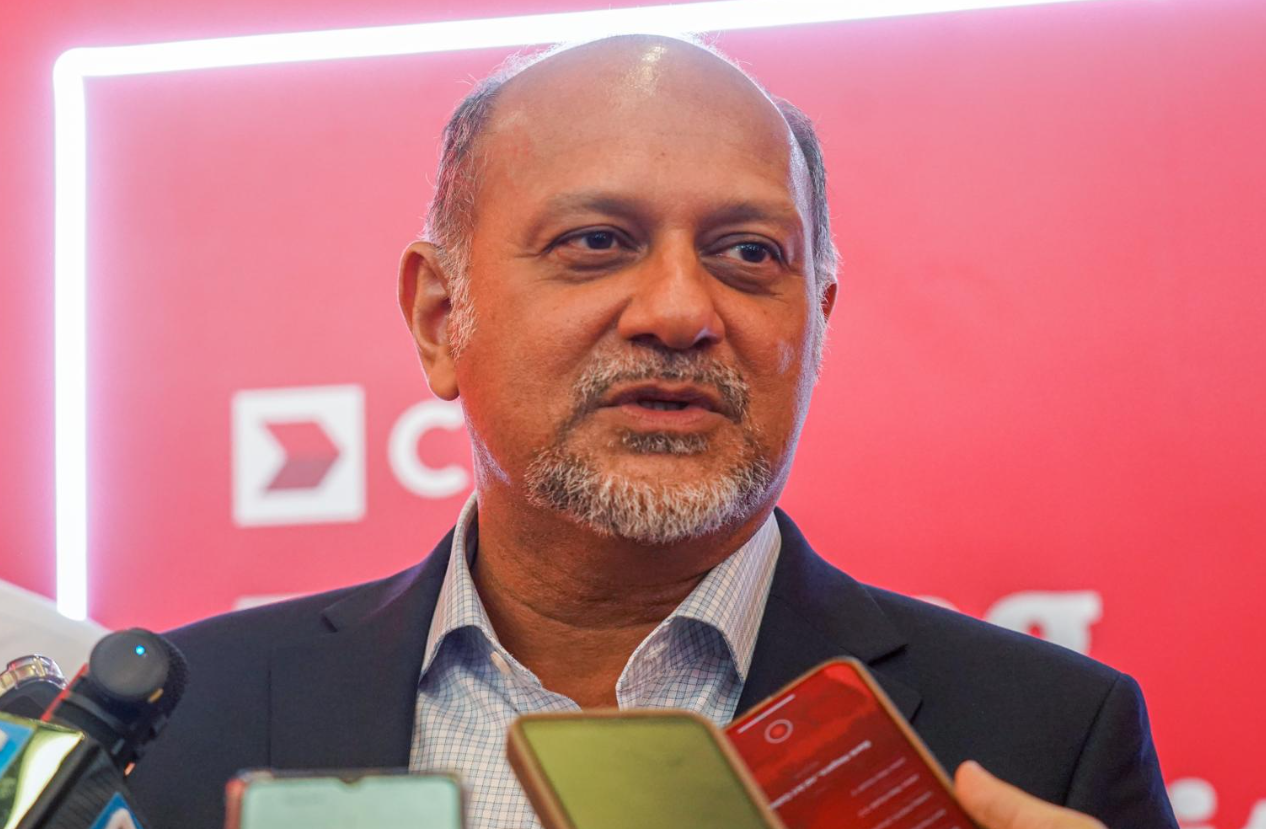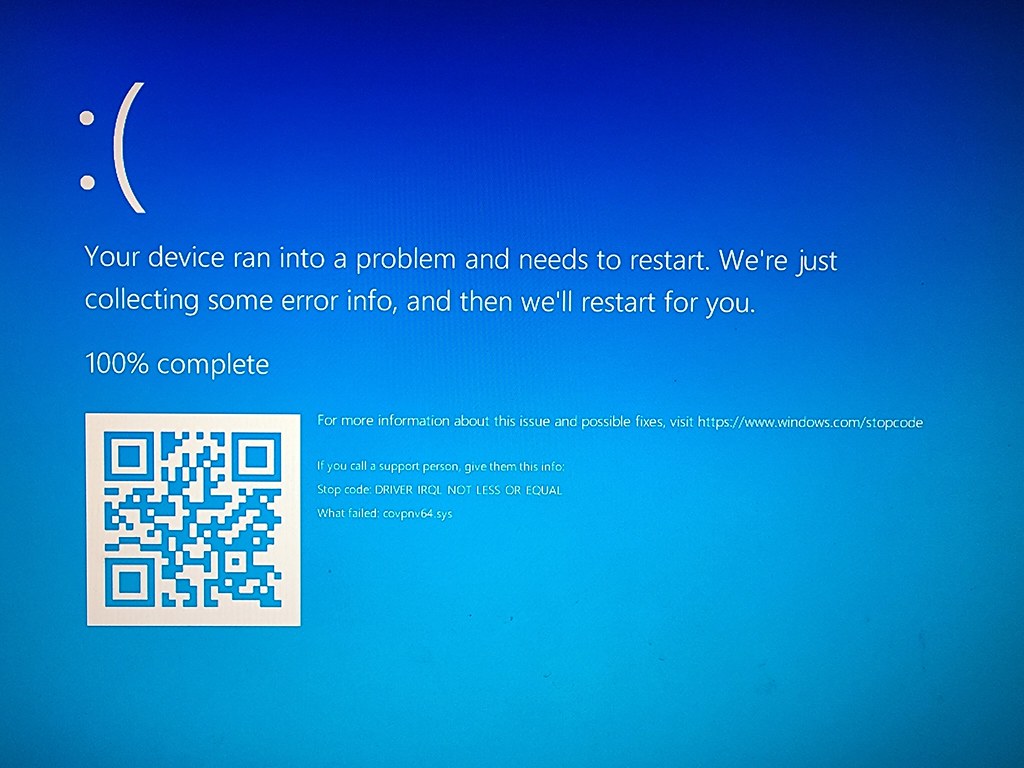In a recent development that has caught the attention of both national and international observers, Binance, the world’s largest cryptocurrency exchange, has come under increased scrutiny from Nigerian authorities. The Central Bank of Nigeria (CBN), spearheading this growing concern, highlighted alarming issues regarding the movement of substantial sums of money through Binance’s Nigerian operations in 2023.
Rising Regulatory Eyebrows
Olayemi Cardoso, the Governor of the Central Bank of Nigeria, voiced apprehensions about the cryptocurrency exchange’s operations, specifically pointing to “suspicious flows” of funds. During a press briefing on February 27, Cardoso detailed the government’s unease with crypto exchanges and accused them of facilitating illicit financial flows.
- Suspicious Transactions: Cardoso revealed that an astonishing $26 billion had been transacted through Binance Nigeria in the past year, with the sources and users of these funds remaining largely unidentified.
- Interagency Collaboration: Efforts to address these concerns have led to a concerted effort among Nigerian regulatory and security agencies, including the Economic and Financial Crimes Commission (EFCC), the police, and the office of the National Security Adviser (NSA).
Actions Against Binance Executives
Adding to the company’s woes, reports have emerged that the NSA’s office has detained two Binance executives in Abuja, confiscating their passports. These executives are reportedly citizens of the United States and the United Kingdom, further internationalizing the issue.
Internet Censorship and Regulatory Measures
In a move that shocked many, Nigeria restricted internet access to Binance and other cryptocurrency exchanges on February 21. This action followed allegations from presidential adviser Bayo Onanuga, who accused crypto exchanges of manipulating the national currency. Prior to this, Binance had already limited Tether (USDT) trading in Nigeria in an attempt to mollify regulatory authorities.
- Exchange Blockade: On February 27, alongside Binance, other major exchanges such as Forextime, OctaFX, Crypto.com, FXTM, Coinbase, and Kraken were also blocked, coinciding with the Nigerian naira’s record low against the U.S. dollar.
Regulatory Landscape and Digital Currency Initiatives
Despite these challenges, the CBN lifted a two-year ban on banks conducting crypto transactions in December, simultaneously issuing guidelines for regulating virtual asset service providers. Additionally, Nigeria has been at the forefront of digital currency adoption, becoming the second country to launch a central bank digital currency in 2022 and introducing the naira-pegged cNGN stablecoin through the Africa Stablecoin Consortium in a CBN regulatory sandbox.
Timeline of Events Affecting Binance in Nigeria
| Date | Event |
|---|---|
| Feb. 20 | Binance restricts Tether trading in Nigeria. |
| Feb. 21 | Nigeria blocks internet access to Binance and other crypto exchanges. |
| Feb. 27 | CBN governor highlights suspicious $26 billion flows through Binance. |
| Feb. 27 | Nigerian naira hits an all-time low against the U.S. dollar amidst exchange blockades. |
| Dec. 2022 | CBN lifts ban on crypto transactions by banks and issues guidelines for virtual assets. |
| Dec. 2022 | Nigeria launches a central bank digital currency and introduces the cNGN stablecoin. |
Binance’s Silent Stance
As of the time of writing, Binance has not officially responded to inquiries regarding the situation in Nigeria, leaving many questions unanswered about the future of cryptocurrency regulation and exchange operations in the country.
The Crossroads of Innovation and Regulation
The situation with Binance in Nigeria underscores a critical juncture in the global cryptocurrency market, where the paths of innovation and regulation intersect. While Nigeria has shown openness to digital currencies by adopting a central bank digital currency and regulating virtual asset service providers, the scrutiny of Binance highlights the challenges facing global exchanges operating in diverse regulatory environments. It reflects a broader debate on the balance between fostering technological advancement and ensuring financial security and transparency.
The unfolding events in Nigeria serve as a cautionary tale for cryptocurrency exchanges operating globally, emphasizing the importance of compliance with local regulations and the potential repercussions of failing to do so. As the situation develops, the cryptocurrency community will be watching closely to see how Binance navigates these challenges and what this means for the future of cryptocurrency regulation and operation within Nigeria and beyond.











